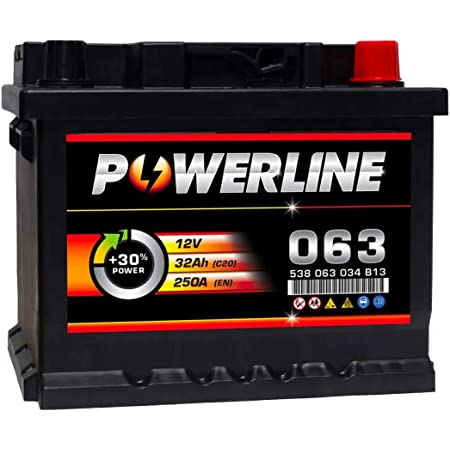10 Steps to Successfully Importing Refined Petroleum Into Nigeria
10 Steps to Successfully Importing Refined Petroleum into Nigeria
Importing refined petroleum into Nigeria involves a series of well-defined steps to ensure compliance with regulations and smooth logistics. Here is a comprehensive guide to help you through the process:
1. Understand Regulatory Requirements
Overview: Familiarize yourself with the regulations governing the importation of refined petroleum products in Nigeria. Key regulatory bodies include the Department of Petroleum Resources (DPR) and the Nigerian Customs Service (NCS).
Key Points:
- Obtain necessary licenses and permits from DPR.
- Ensure compliance with standards set by the Standards Organization of Nigeria (SON).
Sources:
2. Register Your Business
Overview: Ensure your business is properly registered with the Corporate Affairs Commission (CAC) in Nigeria.
Steps:
- Obtain a Certificate of Incorporation from CAC.
- Register with relevant trade associations such as the Major Oil Marketers Association of Nigeria (MOMAN).
Sources:
3. Obtain Necessary Licenses
Overview: Secure all necessary licenses for petroleum importation.
Key Licenses:
- Import Permit: Issued by the DPR.
- Product Storage License: If you plan to store the product.
- Discharge Permit: For unloading the product at Nigerian ports.
Sources:
4. Secure Financing
Overview: Ensure you have adequate financing for the entire importation process, including the purchase, transportation, and logistics costs.
Options:
- Obtain a letter of credit from your bank.
- Consider trade financing options or partnerships.
Sources:
5. Select a Reliable Supplier
Overview: Choose a reputable supplier of refined petroleum products. Conduct thorough due diligence to verify the supplier’s credentials and quality of the product.
Steps:
- Negotiate terms and conditions of supply.
- Sign a contract specifying product specifications, delivery terms, and payment conditions.
Sources:
6. Arrange for Transportation
Overview: Plan and arrange for the transportation of the petroleum products from the supplier to Nigeria.
Key Points:
- Choose a reliable shipping company with experience in transporting hazardous materials.
- Ensure compliance with international maritime regulations.
Sources:
7. Customs Clearance
Overview: Navigate the customs clearance process to ensure your shipment is cleared without delays.
Steps:
- Submit a detailed customs declaration.
- Pay applicable customs duties and taxes.
- Obtain a Pre-Arrival Assessment Report (PAAR) from the NCS.
Sources:
8. Quality Control and Inspection
Overview: Conduct thorough quality control checks and inspections upon arrival to ensure the product meets Nigerian standards.
Steps:
- Engage SON for product inspection and certification.
- Use independent inspectors to verify the quality and quantity of the product.
Sources:
9. Storage and Distribution
Overview: Ensure you have adequate storage facilities that comply with safety regulations.
Steps:
- Secure storage facilities that are licensed and meet DPR requirements.
- Plan the distribution network to ensure efficient delivery to end-users or retail outlets.
Sources:
10. Compliance and Monitoring
Overview: Maintain compliance with all regulatory requirements and continuously monitor your operations to ensure adherence to industry standards.
Steps:
- Regularly update your licenses and permits.
- Keep accurate records of imports and distributions.
- Conduct periodic audits and inspections.
Sources:
Conclusion
Successfully importing refined petroleum into Nigeria requires careful planning, thorough understanding of regulatory requirements, and efficient logistics management. By following these steps, you can navigate the complexities of the importation process and ensure compliance with Nigerian regulations.








LEAVE A COMMENT
You must be logged in to post a comment.